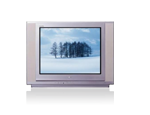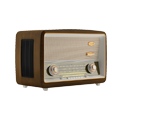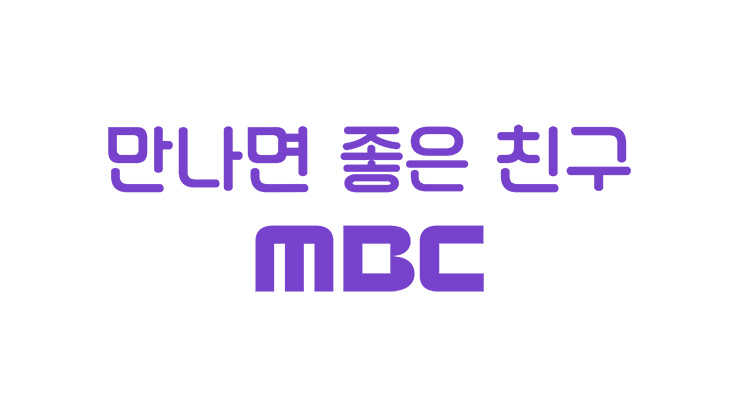ABOUT MBC
HISTORY
Digital Age
2001~Today
The digital era started with the convergence of broadcasting and telecommunications. MBC started cable broadcasting through its new subsidiaries including MBC Plus in 2001 and began to provide satellite and DMB services in 2005. MBC started to take the lead in producing high-quality programs in 2007 by building Dream Center equipped with high-end broadcasting systems such as Magic Studio. In 2014, MBC relocated its new headquarters to Sangam. In 2015, it opened MBC World, the Korea’s first broadcasting theme park to show great Korean cultural content. In May 2017, MBC launched UHD TV broadcasting, the world’s first terrestrial UHD broadcasting to make the public enjoy high definition services.
Multimedia Age
1991~2000
Responding to the multichannel trend, MBC established subsidiaries including MBC Production, Mediatech, Arts Center, Academy and Adcom in 1991 to 1993.
Color TV Age
1981~1990
On January 1st, 1981, MBC started color broadcasting. The next year, MBC moved its headquarters to the newly-built Yeouido Studio in 1986. It launched FM Radio, opening a new chapter in radio broadcasting the following year and successfully televised the Seoul Olympic Games in 1988. After MBC turned into a public corporation, MBC and Kyunghyang newspaper were separated in 1981. In 1988, Foundation for Broadcast Culture, a public organization, was established as the MBC’s largest shareholder.
B/W TV Age
1969~1980
MBC launched a TV channel, channel 11, in 1969 after building its new headquarters in Jeongdong. In 1971, MBC started Music FM Radio with a frequency of 91.9 MHz which covers capital areas. And it took over a newspaper company, Kyunghyang Shinmun in 1974.
Radio Age
1961~1968
On December 2nd, 1961, MBC was established in Insadong, Seoul as the private commercial broadcasting company with the name of Hankuk Munhwa Broadcasting Corporation and transmitted its first radio signal with its call letters of HLKV Munhwa Broadcasting. From 1963 to 1965, MBC built local stations in major cities including Daegu, Kwangju, Daejeon and Jeonju and established a nationwide broadcasting network that connects six cities including Seoul and Busan Munhwa Broadcasting.
Slogan
